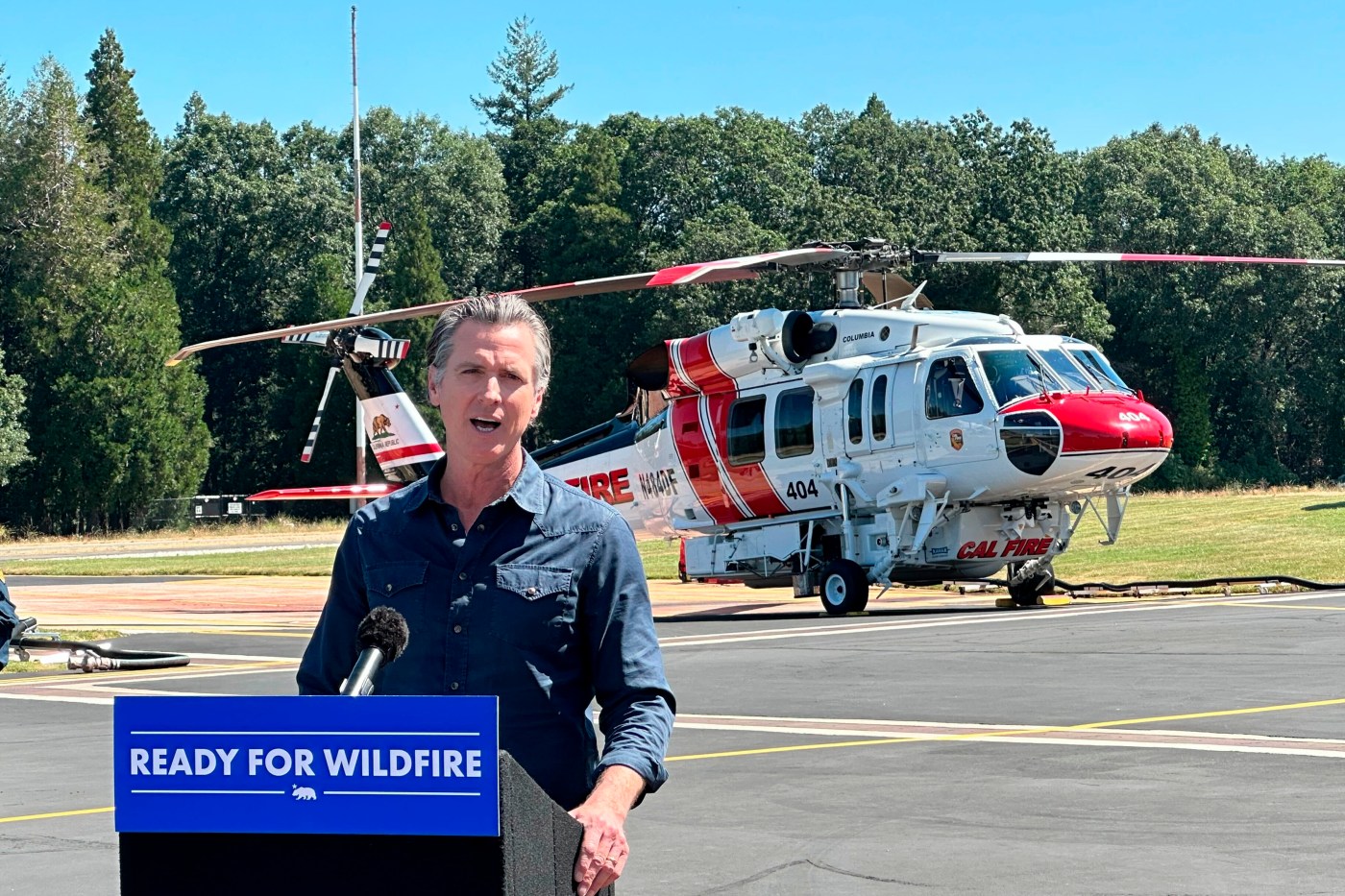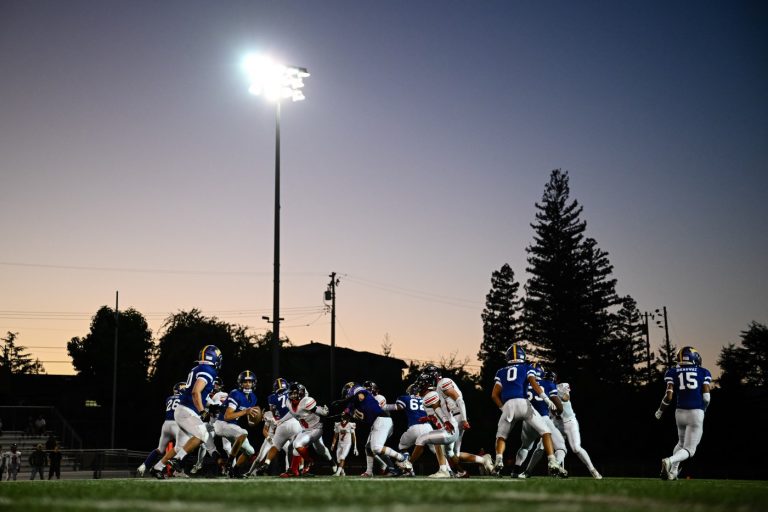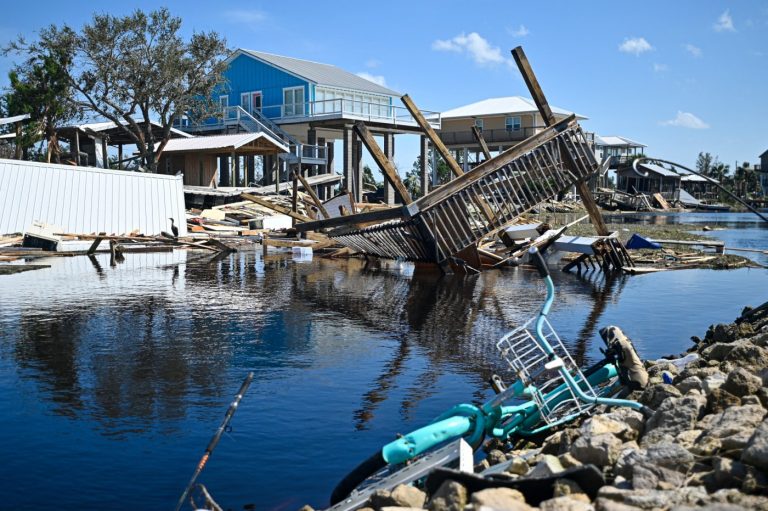In the face of increasing pressures from both accelerating climate change and the contracting annual state budget, California needs a climate resilience bond on the November ballot, so that voters can voice their support for consistent, continued funding of essential state programs that provide clean drinking water, wildfire mitigation, wildlife protection and clean air.
Assemblymember Eduardo Garcia, D-Coachella, and state Sen. Ben Allen, D-Santa Monica, have each drafted vital climate bond proposals — Assembly Bill 1567 and Senate Bill 867, respectively — that promise an investment of $15 billion to support the climate resilience of our state that is not subject to the cycles of annual general state funding.
These proposals currently linger in legislative limbo, awaiting the endorsement of California Gov. Gavin Newsom, a leader who has long championed climate issues in our state but whose early action plan will cut as much as $17 billion in spending from the very programs he has touted.
If there were ever a time to intensify our resolve to protect our natural resources and communities, safeguard water and air quality, and build wildfire resilience, it is now. Last year was Earth’s warmest on record, marked by record flooding in the Bay Area and elsewhere, extreme wildfires and debilitating heatwaves.
As representatives of a coalition of 18 climate resilience organizations from the Bay Area and across the state, we cannot overstate the urgency of the situation.
We call upon Gov. Newsom to activate his commitment to the bold climate-forward initiatives that have been a hallmark of his administration. These include his recent Earth Day announcement about expanded targets for nature-based solutions to climate change. as well as the 30 x 30 initiative to protect 30% of the state’s globally significant forests, waterways and natural lands by 2030 as a safeguard for water and air quality, biodiversity, and community resilience to climate change. His vision for California as a climate leader is laudable. But details on how the state will fund these investments are lacking and threaten to unravel the considerable progress we’ve made in beginning to address California’s climate needs.
While the state certainly faces numerous urgent funding priorities, climate resilience is an existential threat affecting everyone. It requires a continuity of funding that sets it apart from other issues. Every delay in building the state’s resilience to climate change moves California in the wrong direction and exacerbates the statewide risk of severe wildfires, flooding, landslides, chronic asthma and cancer from air pollution and property loss from rising sea levels.
Postponing climate solutions is also self-defeating. Since 2015, extreme wildfires alone have resulted in more than $25 billion in damage statewide, a figure that far outstrips what a climate bond would cost. And that figure doesn’t even include the cost of fighting the fires themselves, which also numbers in the high billions.
Related Articles
A strange fungus could transform emerging cicadas into ‘saltshakers of death,’ scientists say
The surprising force stalling climate progress: California restaurants
Use solar power, kill a tortoise? Climate change solution carries environmental costs
Scores of starving and sick pelicans are found along the California coast
Can’t install your own solar panels? Some areas let you join a community project
The bottom line: Climate change isn’t waiting for better budget scenarios. A climate bond this year will directly and immediately advance our state’s readiness and resilience. It removes the annual funding uncertainty that is downright dangerous. This investment will more than pay for itself by reducing the impacts and losses of future climate-driven events.
The bills from Garcia and Allen need to advance out of committee and emerge as a single, strong bond measure for voters to consider in November. California voters have consistently supported the state’s assertion of leadership on climate issues and deserve this opportunity to exercise their democratic right and build climate resilience for their homes and communities. It is the governor’s word that will light the way.
Sam Hodder is president and CEO of Save the Redwoods League, Annie Burke is executive director of Together Bay Area and Bill Magavern is policy director of the Coalition for Clean Air.













+ There are no comments
Add yours